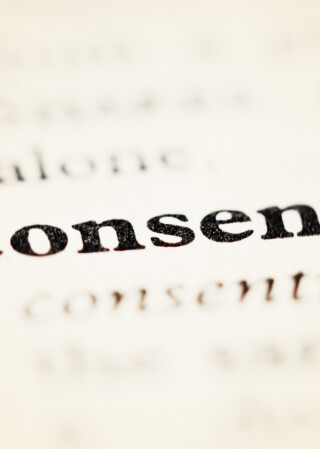The Issue
On 20 October 2021, the NSW Attorney General and Minister for the Prevention of Domestic and Sexual Violence, Mark Speakman introduced the Crimes Legislation Amendment (Sexual Consent Reforms) Bill 2021 in NSW Parliament, a step towards adopting an affirmative consent model.
Affirmative consent means that a person must actively seek consent from another person before they commence sexual activity, and consent must be actively communicated.
The model has been described as a shift from a ‘no means no’ standard to a ‘yes means yes.’
The Law
In NSW, any person who has sexual intercourse with another person without the consent of the other person, and who knows that the other person does not consent to the sexual intercourse, can be charged with the offence of sexual assault.
A person consents to a sexual activity if the person freely and voluntarily agrees to the sexual activity.
It is a defence to a charge of sexual assault if a person can prove that they had reasonable grounds to believe that the other person was consenting.
What’s Changing?
The adoption of the affirmative consent model means that a person cannot say they had reasonable grounds to believe the other person was consenting unless they actively sought confirmation of consent from them and that consent was communicated.
Consent must be clear and express and obtained prior to engaging in sexual activity. This could be something as simple as asking someone if they want to have sex.
Submission by the other person without active, participatory agreement will not be considered sufficient for a person charged with an offence to claim they had reasonable grounds to believe the person was consenting. You cannot assume through silence, lack of resistance or lack of protest that consent has been given by the other person. A failure to do or say something (that is, to ‘take steps’) to ascertain consent means that any belief in consent will not be reasonable.
The affirmative consent model shifts the emphasis from the actions of a complainant to those of the accused person to show that they actively sought and obtained consent. It has been
When will the reforms come into effect?
The bill was introduced in October 2021 and will likely come into effect in 2022.
The contents of this publication are for reference purposes only. This publication does not constitute legal advice and should not be relied upon as legal advice. Specific legal advice should always be sought separately before taking any action based on this publication.


